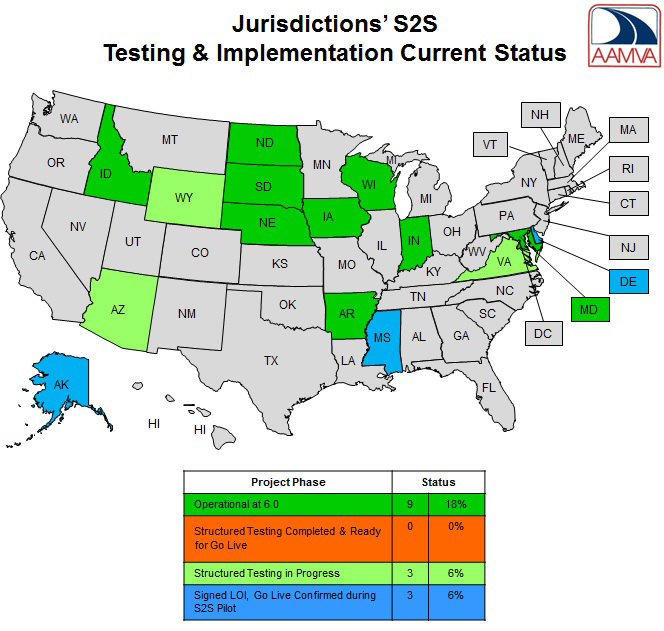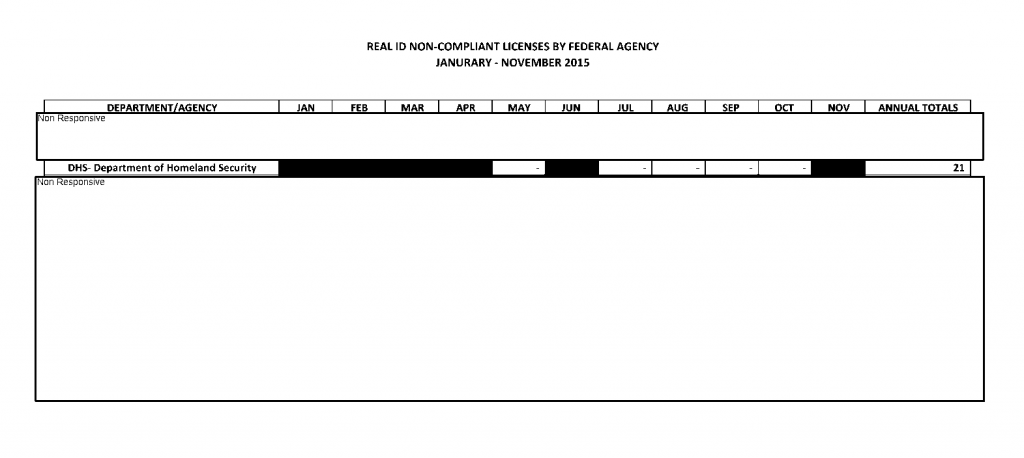Yes, you can fly without ID
On average, 77,000 people each year — more than 200 a day — pass through TSA checkpoints to board airline flights in the USA without showing ID.
Ninety-eight percent of the would-be travelers who show up at TSA checkpoints without ID are allowed to board their flights. Only two percent are turned back.
The average time spent by the TSA “Identify Verification Call Center” in questioning each traveler without ID has been between seven and nine minutes.
Show up at the airport with no ID (or with ID that isn’t considered “acceptable” by the TSA), and there’s a 98% chance that you will be allowed to fly without ID, after an average of 7-9 minutes of additional questioning and a pat-down (which you would have gotten anyway if you didn’t consent to “virtual strip search” imaging) and search of your carry-on bags.
All this is according to internal TSA logs and summary reports on each person who tried to fly from 2008 (when the TSA started using its current procedures and form for people who fly without ID) through 2011. These reports were finally released to us, after four years of TSA foot-dragging, in response to a Freedom Of Information Act request we made in 2013.
So much for the false claims the TSA, the DHS, and their collaborators at state licensing agencies are making that people who live in states that don’t comply with the REAL-ID Act won’t be allowed to fly without “acceptable” ID.
It doesn’t matter whether your ID is “compliant” or “acceptable”. You can fly with no ID at all, and hundreds of people do so every day after what is typically only a brief delay.
Over the years, we have received a trickle of incident narratives, which have been helpful in understanding how the TSA deals with people who show up without ID and what data the TSA uses to make judgments about travelers. But these narratives are for exceptional incidents in which travelers were not quickly “verified” and allowed to proceed. The annual summaries (2008, 2009, 2010, 2011) were only released as the 14th and last batch of responses to our request. (The TSA illegally substituted PDF files of page images for the original spreadsheet or table files, making them much larger files and harder to tabulate. We will be appealing the TSA’s substitution of less-useful newly-created files for the originals, and failure to produce the files in their original format as we requested.)
We remain concerned, of course, about the 2% of would-be fliers without ID who are wrongly prevented from exercising their right to travel by air. The percentage is small (again, just 2% of the people who show up at TSA checkpoints with no ID or without “acceptable” ID), but it still comes to more than 1500 people a year, throughout the USA, whose rights are violated. States should not only say “no” to compliance with the REAL-ID Act, but start preparing now to defend their residents’ freedom of travel and to ask Federal courts to enjoin the DHS and TSA from any interference with that right.

